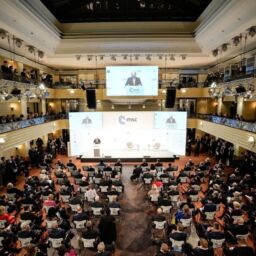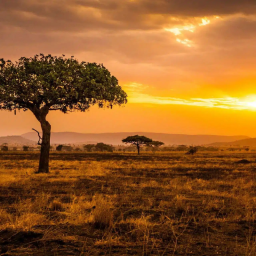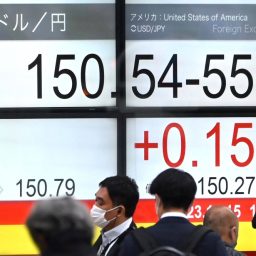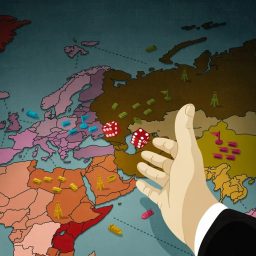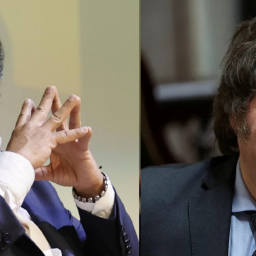The Fire of War Smolders in Europe: A Continent on the Brink

Photo: Reuters
Once more, a battle of never-before-seen proportions is threatening to consume Europe in the center of the continent. The conflict between Russia and Ukraine, which has been simmering since Russia annexed Crimea in 2014 and erupted with Russia’s invasion of Ukraine in 2022, has moved into a new and dangerous stage. With the world waiting anxiously, Europe is arming itself to the teeth in preparation for the very real possibility of conflict with a nuclear-armed Russia. Since the onset of the conflict, NATO has been a steadfast supporter of Ukraine, providing a steady stream of military aid and intelligence. This support has been crucial in bolstering Ukraine’s defense against Russian aggression. However, as the war drags on, the stakes are getting higher. Russia, feeling cornered and increasingly desperate, has issued a chilling threat: it may resort to using its nuclear capabilities if NATO continues to supply Ukraine with weapons.






